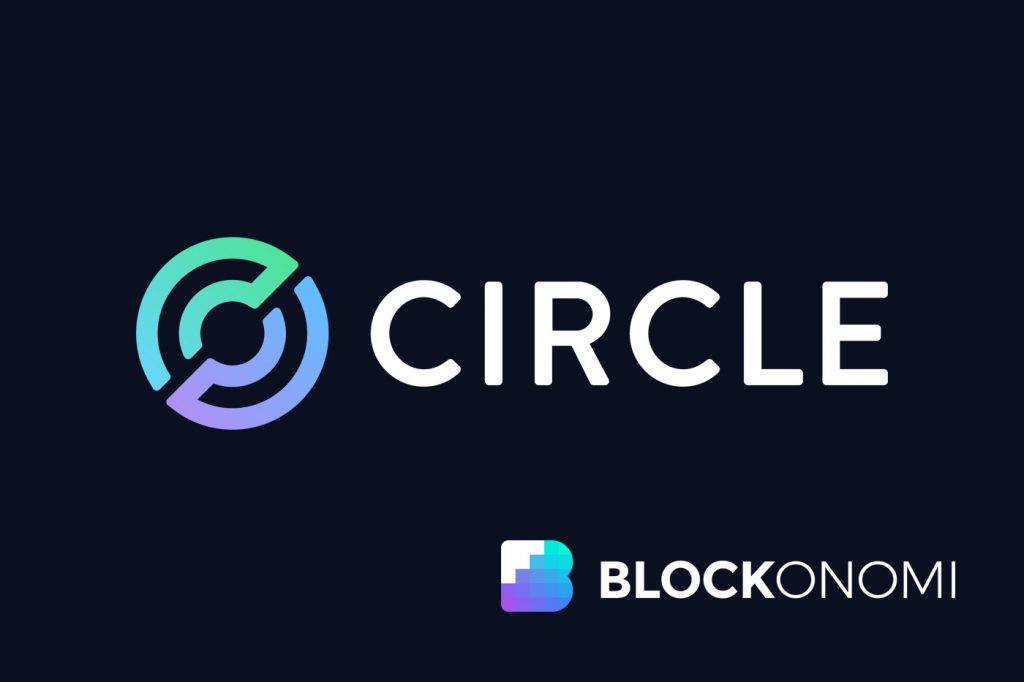Visa Embraces USDC as U.S. Congressional Officials Take Aim at Stablecoins

U.S. card payments giant Visa is among the most influential and far-reaching companies in the world. Circle’s USDC is among the most popular stablecoin projects in Ethereum’s booming decentralized finance ecosystem.
Take note, then, because the two entities are partnering up to bring USDC payments into Visa’s sprawling network of +60 million merchants.
Announced Wednesday, Dec. 2nd, the partnership represents a huge legitimizing advancement for USDC, stablecoins in general, and Ethereum as the underlying decentralized infrastructure making it all possible. Yet the announcement also came on the same day a draft bill was introduced in the U.S. that, if passed, would have chilling effects on stablecoin efforts in America.
Accordingly, let’s break down what these big opposing developments represent for the cryptoeconomy going forward.
Visa Adding USDC to Payments Network
USDC is the second-largest stablecoin right now, its ~$3 billion market capitalization representing roughly 12% of the total stablecoin economy’s current $25.5 billion market cap.
Per Circle’s new partnership with Visa, then, the payments giant is going to begin aiding an initial set of Visa card issuers with onboarding USDC functionalities into their systems. Eventually, this program will be expanded to allow businesses to transact internationally with any Visa-supported companies.
As Visa’s lead cryptocurrency executive Cuy Sheffield noted on the news:
“This will be the first corporate card that will allow businesses to be able to spend a balance of USDC. And so we think that this will significantly increase the utility that USDC can have for Circle’s business clients […] We continue to think of Visa as a network of networks. Blockchain networks and stablecoins, like USDC, are just additional networks. So we think that there’s a significant value [here] that Visa can provide to our clients.”
This is a big deal as such, as it’s the latest high-profile example that stablecoins and Ethereum are really starting to break into the mainstream. It also shows that Visa is positioning itself as an early adopter to bolster its position as a “network of networks,” which is shrewd as stablecoins seemed prime to continue exploding in popularity over the coming decade.
Enter the STABLE Act
Wednesday also saw three U.S. Representatives — Rep. Rashida Tlaib, Rep. Jesús García, and Rep. Stephen Lynch — introduce a draft bill, the so-called STABLE Act, to the House of Representatives that would significantly tighten regulations around stablecoin projects in the U.S. if passed.
Specifically, the draft bill seeks to force essentially all stablecoin issuers to obtain a banking charter before being allowed to operate in the U.S., with the ostensible goal being to prevent such issuers from taking advantage of marginalized communities.
“Preventing cryptocurrency providers from repeating the crimes against low- and moderate-income residents of color traditional big banks have is critically important,” Rep. Tlaib declared in announcing the bill on Twitter.
Zooming out, this rhetoric strains credulity because Ethereum-powered stablecoins like USDC lower the barrier to financial access for people around the world and empower these users to engage with borderless, censorship-resistant finance.
.@RepRashida, stablecoins enable the creation of permissionless and censorship resistant financial products that are accessable to all
By attempting to regulate stablecoins away with the #STABLEAct, you are furthering the disenfranchisement of the unbanked
Do better. https://t.co/RtNOxKrNvu
— ChainLinkGod.eth (@ChainLinkGod) December 3, 2020
That said, the STABLE Act really only stands to ice out cryptocurrency innovation and enterprises in the U.S. But that’s not even the worst part about this bill, if you can believe that. The worst part is that it’s language is so broad, if passed even people just running Ethereum nodes could be held accountable for the stablecoin transactions happening on the network.
Who is running the nodes? There is no such thing as a network without accountable parties.
— Rohan Grey (@rohangrey) December 3, 2020
To make an analogy, that’d be like holding internet service providers (ISPs) directly accountable for all their users’ internet activities. It’s a ludicrous position and suggests the draft bill’s authors don’t really understand Ethereum or are active detractors against it.
The good news? The bill has no chances of passing in the current congressional environment. The bad news is Ethereum and its stablecoin ecosystem are growing as targets.
The post Visa Embraces USDC as U.S. Congressional Officials Take Aim at Stablecoins appeared first on Blockonomi.




